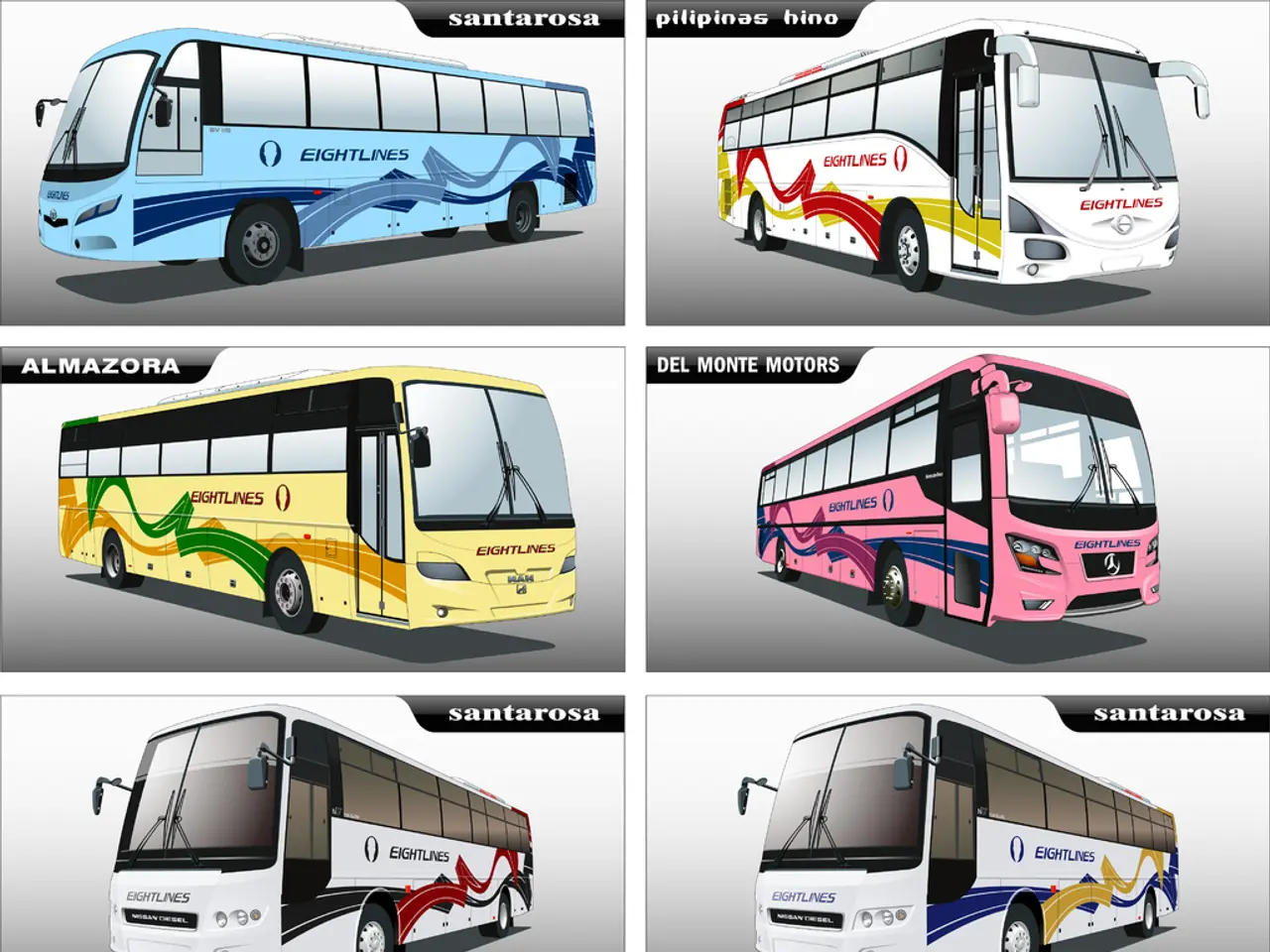Automotive Industry Faces Persistent Supply Chain Struggles!
The global automotive industry is currently facing a series of significant challenges that threaten its resilience. From semiconductor shortages and the impact of the COVID-19 pandemic to geopolitical tensions and logistical issues, these hurdles demand innovative solutions to maintain the industry's vital role in manufacturing and economic activity.
One of the most pressing issues is the semiconductor shortage, a critical bottleneck causing production delays. The automotive sector heavily depends on semiconductors for modern vehicles, with components such as engine control units and advanced driver assistance systems (ADAS) reliant on these microchips. The shortage has led to volatile pricing and disrupted manufacturing schedules [2][3].
The COVID-19 pandemic exposed vulnerabilities within the supply chain, accelerating the need for diversification, technology investments, and more resilient models beyond just-in-time strategies [2][4]. Overreliance on single-source suppliers and limited supply chain visibility have been major concerns, as the pandemic exposed the risks associated with such practices.
Geopolitical tensions, such as ongoing conflicts and strained US-China relations, have disrupted trade routes and supplier access, increasing cost unpredictability and forcing reconsideration of sourcing strategies [1][3][5]. Extreme weather events, like flooding and hurricanes, have also caused delays by affecting transportation networks, ports, and manufacturing facilities, presenting the challenge of maintaining continuity amid natural disasters and environmental risks [1].
To mitigate these risks, diversification of the supplier base and the development of semiconductor production capabilities in individual regions are recommended. Companies are adopting strategies like reshoring, nearshoring, and forming strategic alliances with suppliers in politically stable regions to address these issues [1][3].
In addition, building multi-tier supply chain visibility, investing in business continuity planning, strengthening supplier financial health monitoring, incorporating sustainability and ESG requirements, and shifting from lean just-in-time models to more flexible, intelligent systems are all strategies being employed to create more resilient, agile, and ethically sustainable networks [1][2][3][4][5].
Scenario planning for tariff shocks and cost fluctuations is also essential to adapt pricing dynamically in response to trade policy changes. The incorporation of advanced logistics technologies is being developed to combat these issues and enhance traceability within the supply chain [2].
Regions experiencing political instability, such as those crucial for raw material supplies like rare earth metals for electric vehicle batteries, can lead to disruptions and additional costs. Factory shutdowns, disrupted logistics, and a sudden drop in vehicle demand were common effects of the pandemic [4]. The current semiconductor shortage was driven by pandemic-related production halts and a surge in demand for consumer electronics [3].
Challenges such as port congestion, container shortages, and labor strikes are causing more frequent disruptions in the automotive industry [5]. Just-in-time (JIT) manufacturing, while boosting efficiency, makes supply chains more vulnerable to disruptions [5].
In conclusion, the automotive industry is actively working to transform its supply chains from reactive, efficiency-focused systems into more resilient, agile, and ethically sustainable networks capable of weathering semiconductor shortages, pandemic impacts, geopolitical instability, logistical challenges, and the need for diversified production [1][2][3][4][5].
- The global automotive industry is exploring strategies like reshoring and forming alliances with stable region suppliers, as diversifying the supplier base and developing regional semiconductor production capabilities can help mitigate semiconductor shortages and reduce industry vulnerability.
- Due to the COVID-19 pandemic's impact on the supply chain, there is a growing emphasis on developing multi-tier supply chain visibility, adopting business continuity planning, and strengthening financial health monitoring of suppliers to limit disruptions and increase resilience.
- Innovative logistics technologies are being integrated into the automotive sector to enhance traceability, as challenges such as port congestion, container shortages, and labor strikes continue to cause frequent disruptions in the industry's transportation sector, requiring more flexible and intelligent logistical systems.




